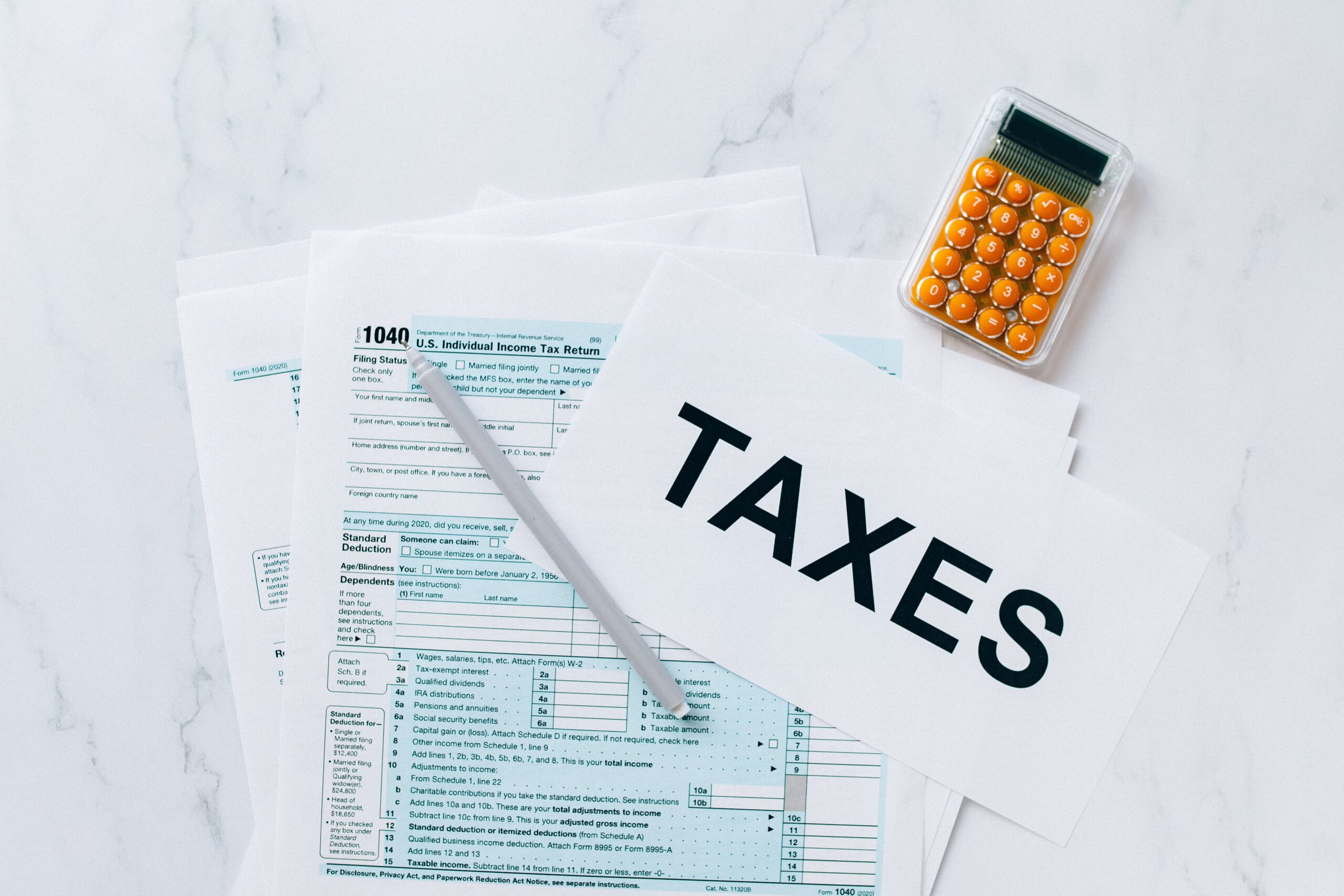There’s a billion-dollar industry going on that many of us are not aware of. Sometimes you hear about it on the news or while scrolling through social media, but we don’t really pay much attention to it. This is the kind of thing that can be really detrimental to you, especially, if we only really think about it when we have to deal with it – by then, it’s usually too late. What are we talking about? This is all about the crime of tax identity theft. It may sound like something out of a movie to some of us, but the reality is that this is a crime which law-abiding taxpayers, like you, often fall victim to. A tax fraud, or tax identity theft, is when someone else fraudulently files a tax return in your name so that they can steal your tax refund or tax rebate.
It’s a heinous crime and no one wants to fall victim to it. It’s downright duplicitous, and others end up getting away with our hard-earned money. How do you detect tax fraud? If it happens to you, what can you do to fix it?
How Does Tax Fraud Happen?
Scammers can swindle you in a variety of ways during tax season. Many of them include tax identity fraud, in which someone obtains your name, address, and Social Security number and uses it to file a tax return in your name before you do, stealing your tax refund.
Making phony federal W-2 documents that prove you’ve withheld a substantial amount of money — and would earn a big refund — could be part of this scheme. The refund would be deposited into the fraudster’s bank account, which they will most likely close until they collect the funds.
Although this is one way that this crime is carried out, it doesn’t always come with red flags. However, this does not rule out the possibility of detecting such forms of scams.
How Do I Know If I Have Fallen Victim to Tax Fraud?
Now that we understand how tax fraud works, let’s look at some of the most common red flags that could pop up and alert you to the fact that you’ve fallen victim to it.
Receiving Unexpected Tax Refunds
Don’t get too excited if you receive a paper refund check in the mail that you didn’t order. It’s possible that a thief sent it to you by mistake when they intended for it to go somewhere else.
You Owe the IRS Money and You Don’t Know Why
You may be a victim if the IRS says you owe them more money. If things don’t add up after you’ve carefully checked your income and deductions, you’ve got to look further into it. You’re probably a victim of tax fraud, in this case.
The IRS Calls You and Asks for Money
Remember, the IRS never calls you and asks for your personally identifiable information or any other sensitive information of this nature. The organization also never threatens you over the phone with the possibility of involving the police or other law enforcement agencies about your tax return.
The IRS Needs to Verify Your Information
If this happens by letter, it’s a strong sign that something is amiss and you’ve fallen victim to tax fraud. Usually, if the IRS suspects a suspicious tax return, you’d likely get a letter in which they’d ask you to confirm that you’re actually the one filing your taxes – with your relevant name and Social Security Number.
Tax Forms from an Unknown Employer
You’re quite familiar with your employer, right? Of course you are, so it would come as a surprise if you were to receive tax forms like a W-2 or 1099 from a company that says you supposedly work with them. You might also receive correspondence from the IRS, telling you that you’ve been paid by the same employer.
What to Do If You’re a Victim of Tax Fraud?
First things first – contact the IRS. This should be your very first port of call if you suspect that you’re a victim of stolen identity refund fraud. Let them know that a fraudulent return was filed using your information, for example, and register that you’re a victim of identity theft and tax fraud. Get in touch with the Identity Protection Specialized Unit at the IRS.
Contact Credit Bureaus to Alert them of Fraud
Contacting one or more of the credit bureaus is another thing you can do as soon as possible. If you warn one of them about possible fraudulent behavior, they are obligated to inform the other two. You should probably put a fraud warning or a credit freeze on any accounts that have been the target of an identity theft alert at this stage. Also, contact the appropriate state tax authority. They would be able to tell you if there are any other steps you can take at the state level.
Prevention Is Better than Cure
Once tax fraud occurs, it’s a lengthy process to get it all sorted out. The fact that this has happened means that you’re already vulnerable. Make a point of keeping your data and personally identifiable information safe from the get-go to prevent this from happening to you – or to prevent it from recurring if you’ve already fallen victim.
It’s the same scenario if you have digital information about your Social Security number or other tax-related personal information. Make sure you don’t give out any personal details unless you’re certain it’s for a legitimate reason. Make a habit of changing your passwords on a regular basis, particularly if they involve personal data. A decent password manager is a useful tool to have, and they are usually fairly inexpensive.
Be alert and on the lookout for fraudsters posing as legitimate banks, credit card firms, and even the IRS. If something doesn’t seem quite right to you, it’s probably best to avoid it.

